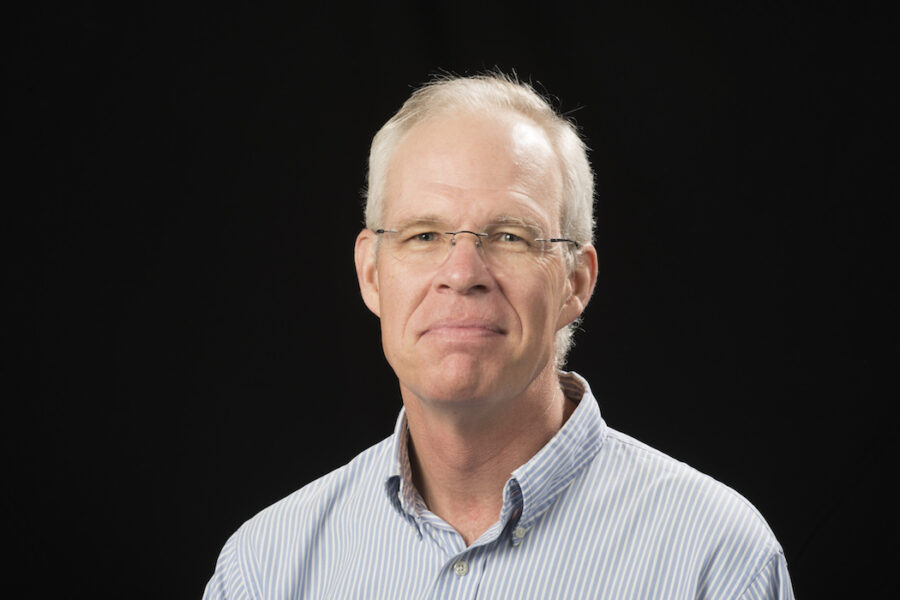At this month’s Archives of IT Forum on the Norms of for the Digital Age, Professor Rich Ling, will examine the evolution of norms regarding various digital domains, such as remote work, remote education, and online shopping, before, during and after COVID.
We caught up with Prof Ling, who was the Shaw Foundation Professor of Media and Technology and is a published author and editor of the Journal of Computer-Mediated Communication, to find out his thoughts on norms for the digital age and their challenges.
The Forum takes place at the Worshipful Company of Information Technologists’ Livery Hall in Central London and online on Tuesday 28 January and you can book your tickets here.
I sense that the notion of norms and norm formation as a social process has not changed. What has changed is that we are facing a very dynamic technical world.
How would you describe Norms for the Digital Age and what does this mean to you?
As a sociologist, I see that the concept of norms (including subcategories such as folkways, mores, and taboos) can help us understand the digitalization process that has taken place over the past decades. This transition has taken place very quickly, and, as noted by William Ogburn, there is cultural lag. New processes and technologies enter into society, but our ways of approaching life remain somewhat fixed. This can mean that we feel the strains as the norms used in previous technical regimes need to be adjusted (and perhaps rejected).
Along the way, we often create new notions and ideas to crystalize the process. Neologisms such as “snail mail,” “phubbing,” “doxing,” and “sexting” point out how we use these memes to work through the normative adjustment
Has the establishment of norms presented challenges in past decades, or is there something different about the digital age?
I sense that the notion of norms and norm formation as a social process has not changed. What has changed is that we are facing a very dynamic technical world. As we move through this changing landscape, we find that often we cannot rely on the normative assumptions into which we were socialized. To some degree, the so-called digital natives have a leg up in this process, but, for example, those born between 2000 and 2010 were socialized in a world without Chat GPT and AI. Thus, while that generation of digital natives has a different point of departure from the post-war baby boomers, they will not be AI natives.
This all means that we do not know what will be taken for granted as these developments move through society. The legacy of one generation does not really apply to the situation of the next. In addition, many of the institutions that served us in the past, do not really have a good purchase on how to serve the coming cohorts.
In what ways will your talk – Evolution of Norms – address some of the issues related to the topic of Norms for the Digital Age?
This is the focus of my talk. I am interested in tracing how digitalization raises normative discussions and interactions. I look at this using the lens of how we talk about things digital. The newness of this domain means that we need a vocabulary with which to discuss it (e.g., terms like snail mail, catfishing, cyber-terrorism, etc.) these terms identify important normative issues that have been and are in flux. They also provide a way to look at how we sanction violations of various activities on the net.
Click to read more about the Forum, see the full schedule and speaker biographies, and book your tickets.
